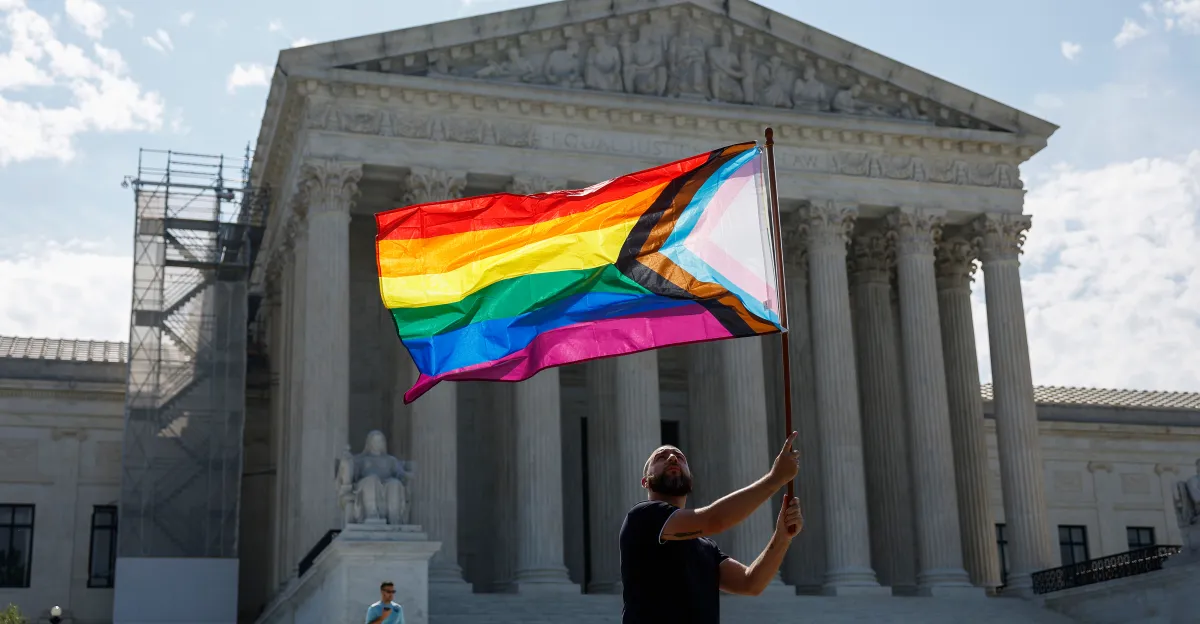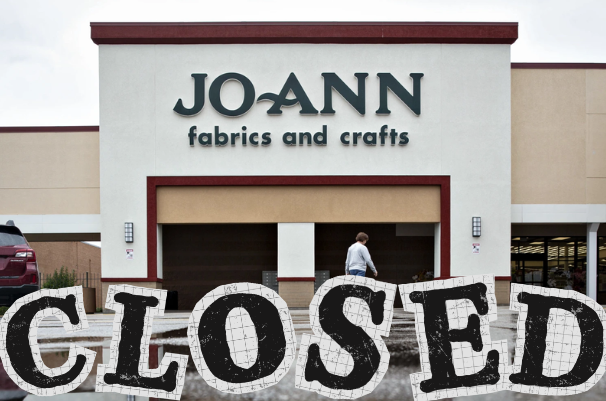“No two countries that both have a McDonald’s have ever fought a war against each other”—that is, until recently. The presence of McDonald’s is one modern measure of the success of an economy. Sure, some economies have industry and technology, but by the modern metric, a country is a legitimate power player when its economic status is capable of supporting the fast food chain. This “Golden Arches Theory of Conflict Prevention” emerged in the 1990s from Thomas Friedman, a New York Times op-ed columnist. According to the New York Times, Friedman argues that any country that has developed enough economically to justify a McDonald’s has also developed past the desire to go to war.
This theory remained true for many years, even as the number of McDonald’s restaurants worldwide grew. According to McDonald’s, they currently have more than 38,000 locations in upwards of 100 countries. Every new McDonald’s adapts to the country it is in; there is Kosher McDonald’s in Israel, McDonald’s in Saudi Arabia which closes in observance of five-times-daily Islamic prayer, and even vegetarian McDonald’s in India. Friedman observes situations that, at the time he created his theory, could very well have escalated into war. These ‘near-misses’ supported his idea that wealthy states – with McDonald’s – don’t fight one another. Pakistan did not have McDonald’s when its antagonistic neighbor India did in the late 1990s, and Israel currently has McDonald’s while Palestine does not. The latter example has escalated into a devastating war and humanitarian crisis, but seems to support the Golden Arches Theory of Conflict Prevention.
However, there are some modern exceptions to an otherwise unbroken line of reasoning: the 1998 Kosovo War, the 2006 Lebanon War, and the 2008 Georgian-Russian War – all of which featured countries with McDonald’s. In addition, the Russian annexation of Crimea in 2014, and then more recently Russia’s war against Ukraine in 2022, have served as more strikes against Friedman’s view that countries with McDonald’s are too wealthy to wage war. There is also large opposition from other scholars to his original proposal. As Paul Musgraves argues in Foreign Policy, we cannot be fooled by thinking that the more developed and wealthy countries become, the less likely they are to engage in conflict. The concept is idealistic and its logic is reversed; rather than McDonald’s preventing war, it is more likely that McDonald’s tends to locate stores in places where it thinks it will be safe from war. This is probably the more believable of the two sides, especially in light of current conflicts. Multinational corporations are not an instrument of peace, but rather a product of it. So, while the original Golden Arches Theory of Conflict Prevention has essentially been debunked, the presence of McDonald’s in a country may still be evidence of its economic progress, if not its political progress.









